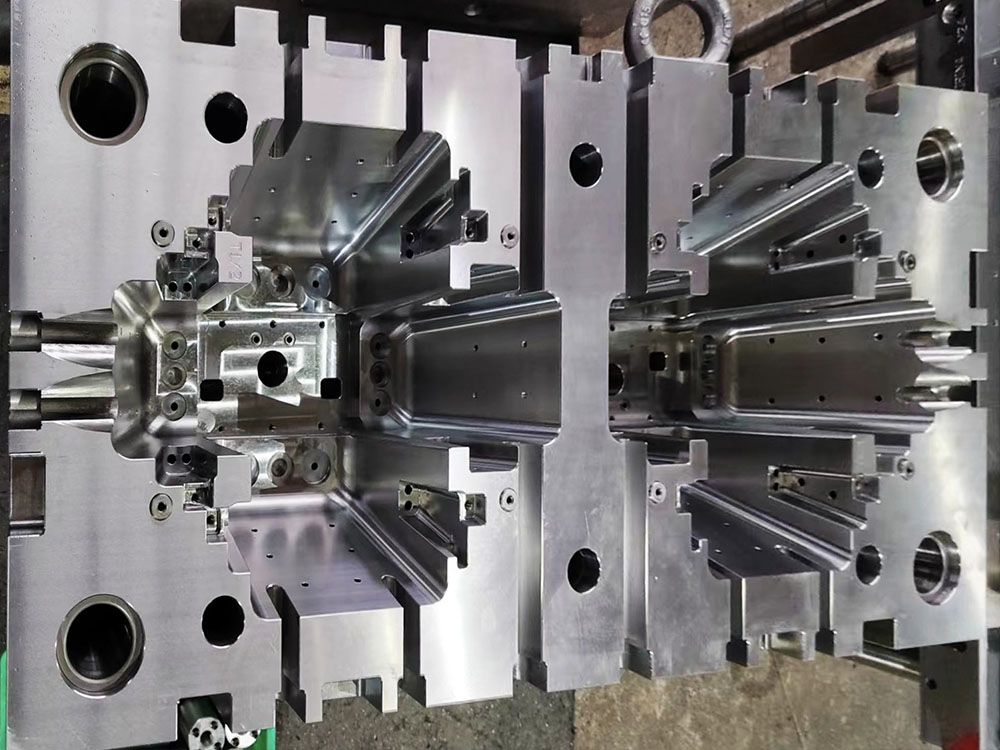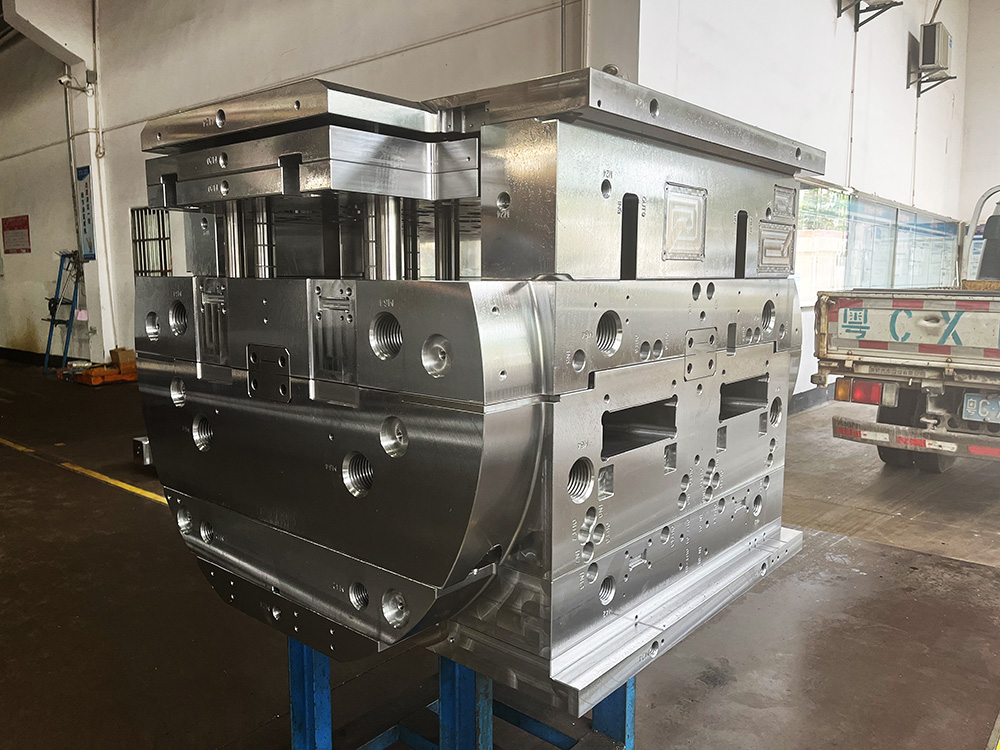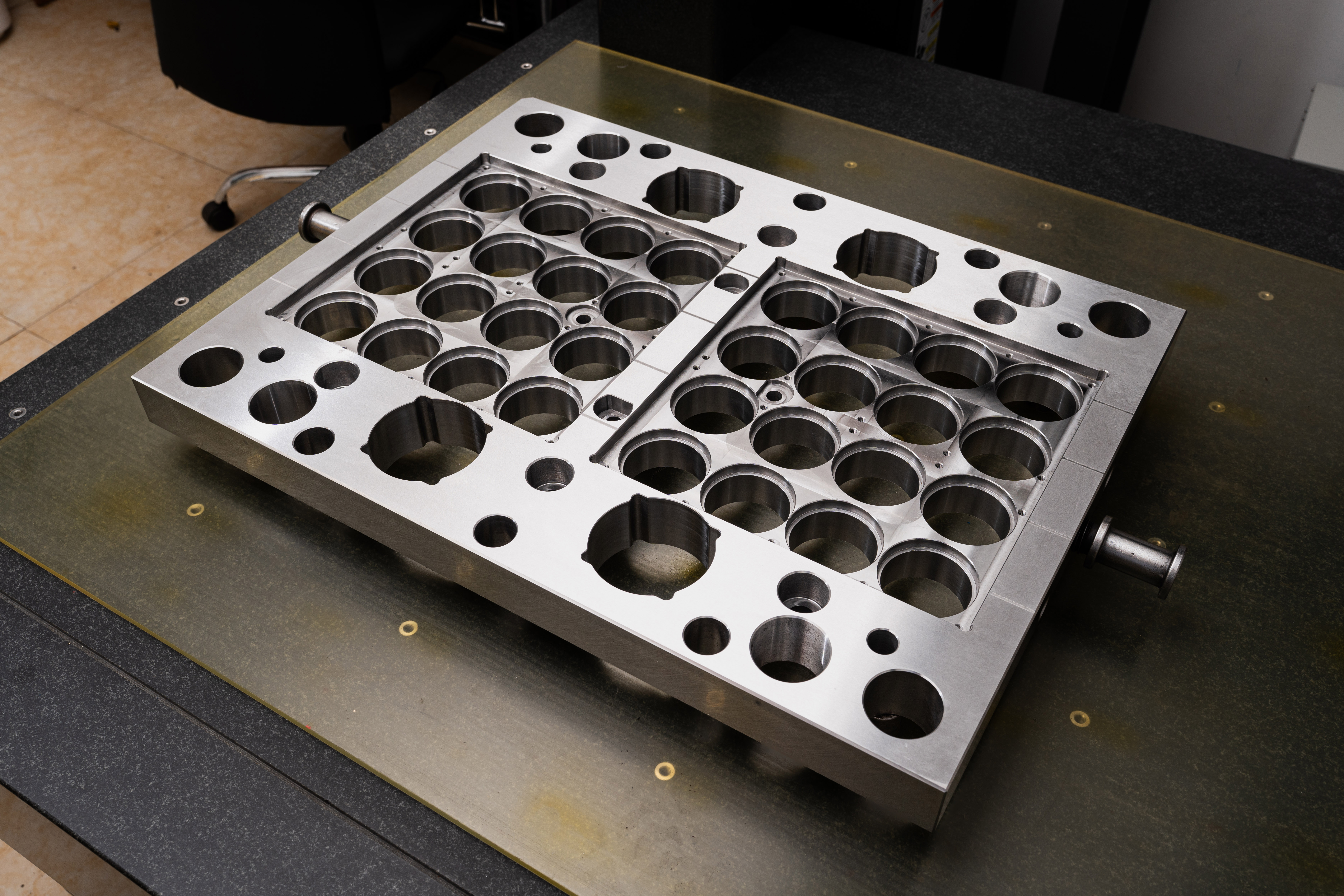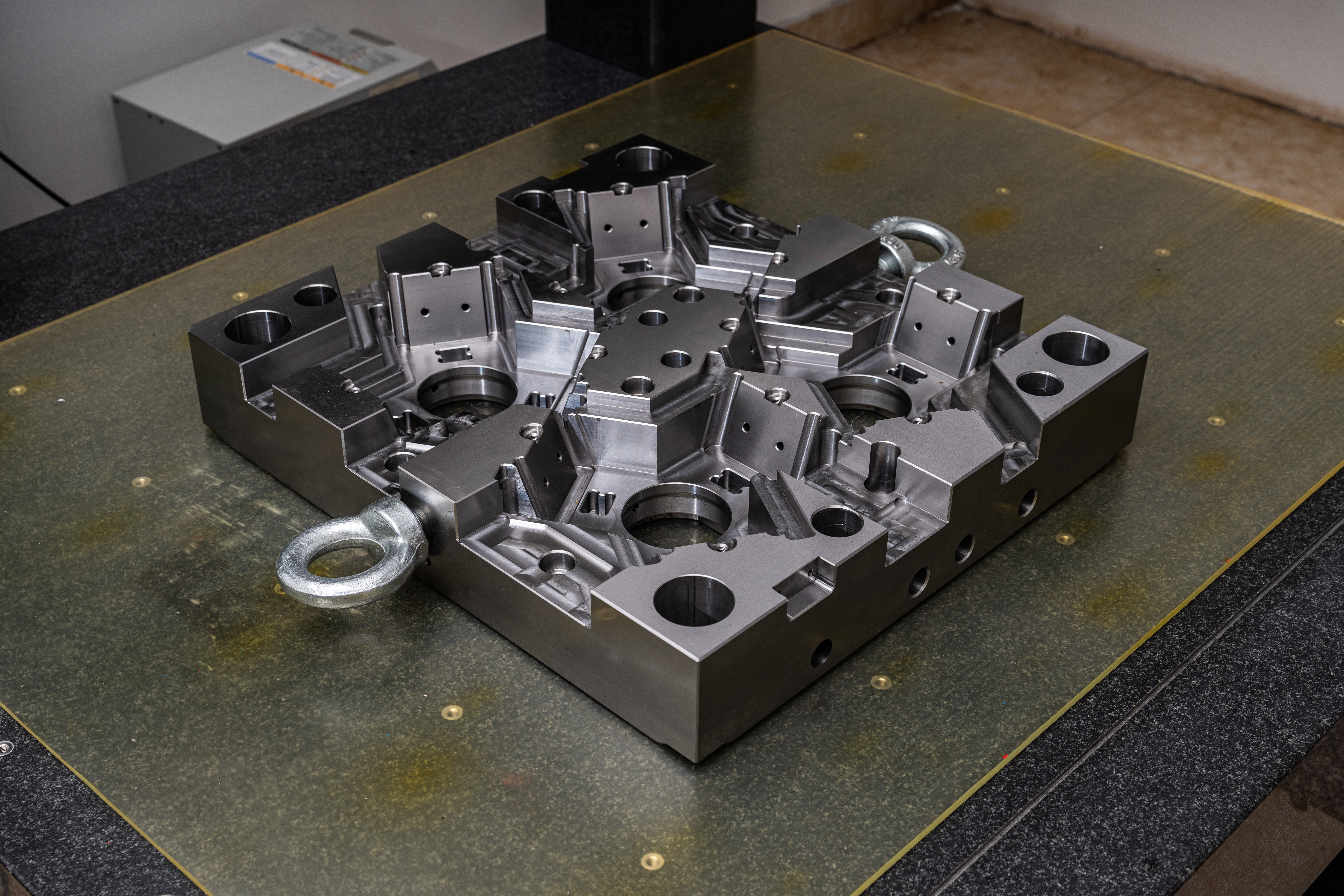Modular Construction Factory: Minimizing Waste in the Mold Base Industry
Modular construction factories play a crucial role in the mold base industry by revolutionizing the traditional construction methods. They have gained significant attention for their ability to minimize waste and enhance efficiency in the manufacturing process. In this article, we will explore the various types of waste generated in a modular construction factory and how innovative solutions have been implemented to tackle these challenges.
1. Material Waste
One of the significant waste streams in the mold base industry is material waste. Traditional construction methods often result in excessive materials being used due to inaccurate measurements and poor planning. However, modular construction factories have implemented advanced technology and precision engineering techniques to minimize material waste and maximize resource utilization.
By using computer-aided design (CAD) and computer numerical control (CNC) machines, modular construction factories can precisely cut and shape materials to the required specifications. This eliminates unnecessary cutting and reduces material waste significantly.
2. Energy Waste
Energy consumption is another area where modular construction factories have made considerable progress in minimizing waste. Through the adoption of energy-efficient manufacturing processes and the utilization of renewable energy sources, these factories have managed to significantly reduce their energy footprint.
Examples of energy-saving initiatives include the installation of solar panels to harness clean and sustainable energy, the use of energy-efficient lighting systems, and the implementation of smart energy management systems that regulate and optimize energy consumption throughout the factory.
3. Time Waste
Time is a valuable resource in any industry, and modular construction factories understand the significance of efficient production processes. By employing modular construction techniques, these factories can significantly reduce the time required for manufacturing mold bases.
Traditional on-site construction often faces challenges such as unfavorable weather conditions, delays in material delivery, and labor shortages. However, modular construction factories can overcome these hurdles by pre-fabricating components in a controlled environment. This reduces project time and minimizes delays caused by external factors, resulting in more efficient production schedules.
4. Labor Waste
Modular construction factories have optimized labor usage through the implementation of intelligent workflow planning and assembly line techniques. By streamlining the production process and minimizing manual handling, factories can ensure efficient utilization of labor resources.
Additionally, modular construction factories have also implemented automation and robotics technologies to perform repetitive and labor-intensive tasks. This not only reduces the risk of human error but also frees up skilled labor to focus on more complex and specialized tasks, further enhancing efficiency and reducing waste.
Conclusion
The modular construction factory has revolutionized the mold base industry by minimizing waste and enhancing efficiency in various aspects of the manufacturing process. By focusing on reducing material waste, energy waste, time waste, and labor waste, these factories have set a benchmark for sustainable production practices.
Through advanced technology, precision engineering, and innovative solutions, the mold base industry has witnessed a transformation towards a more sustainable and resource-efficient future. The adoption of modular construction techniques, coupled with continuous improvement and optimization, will continue to drive the industry towards further waste reduction and enhanced productivity in the years to come.




